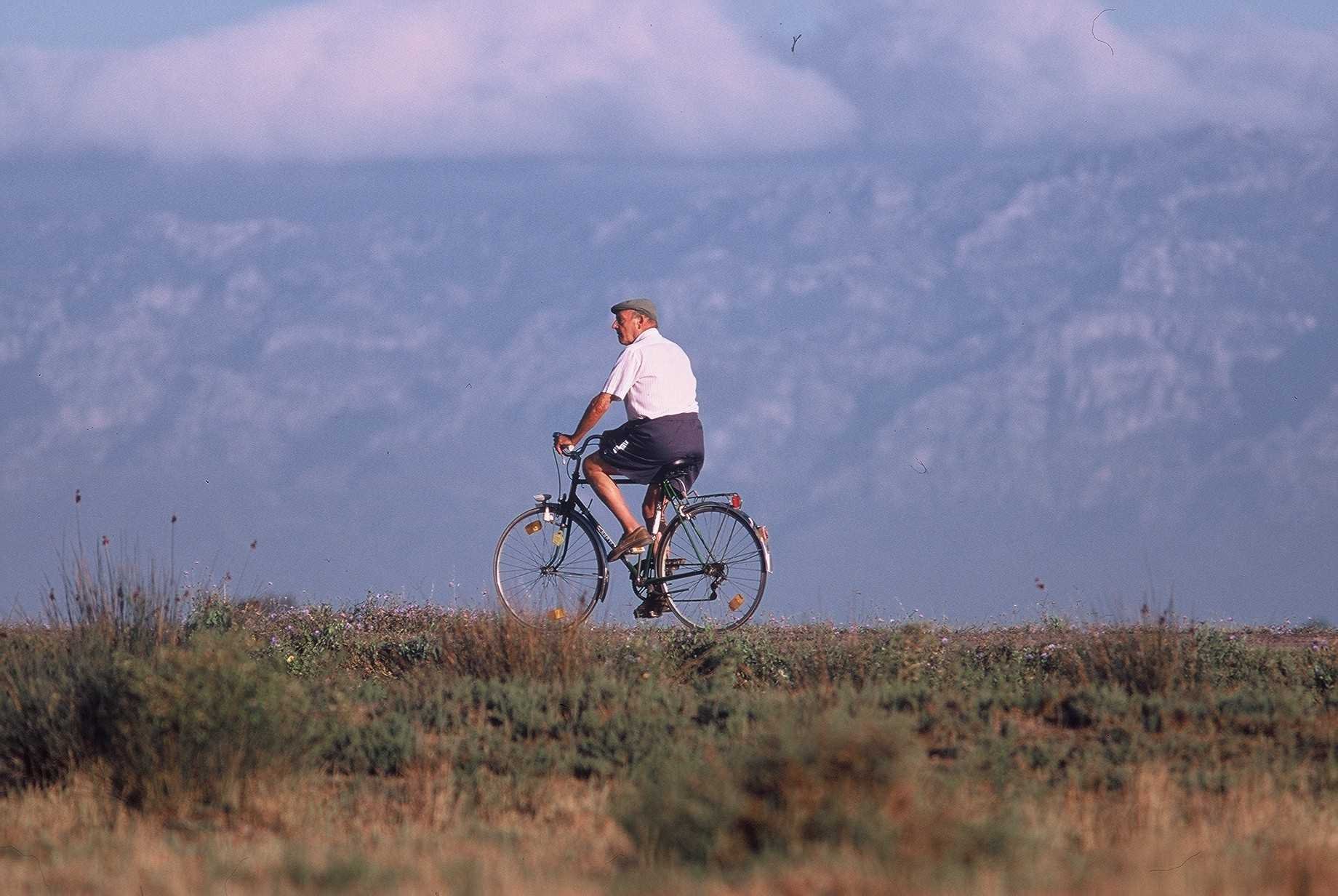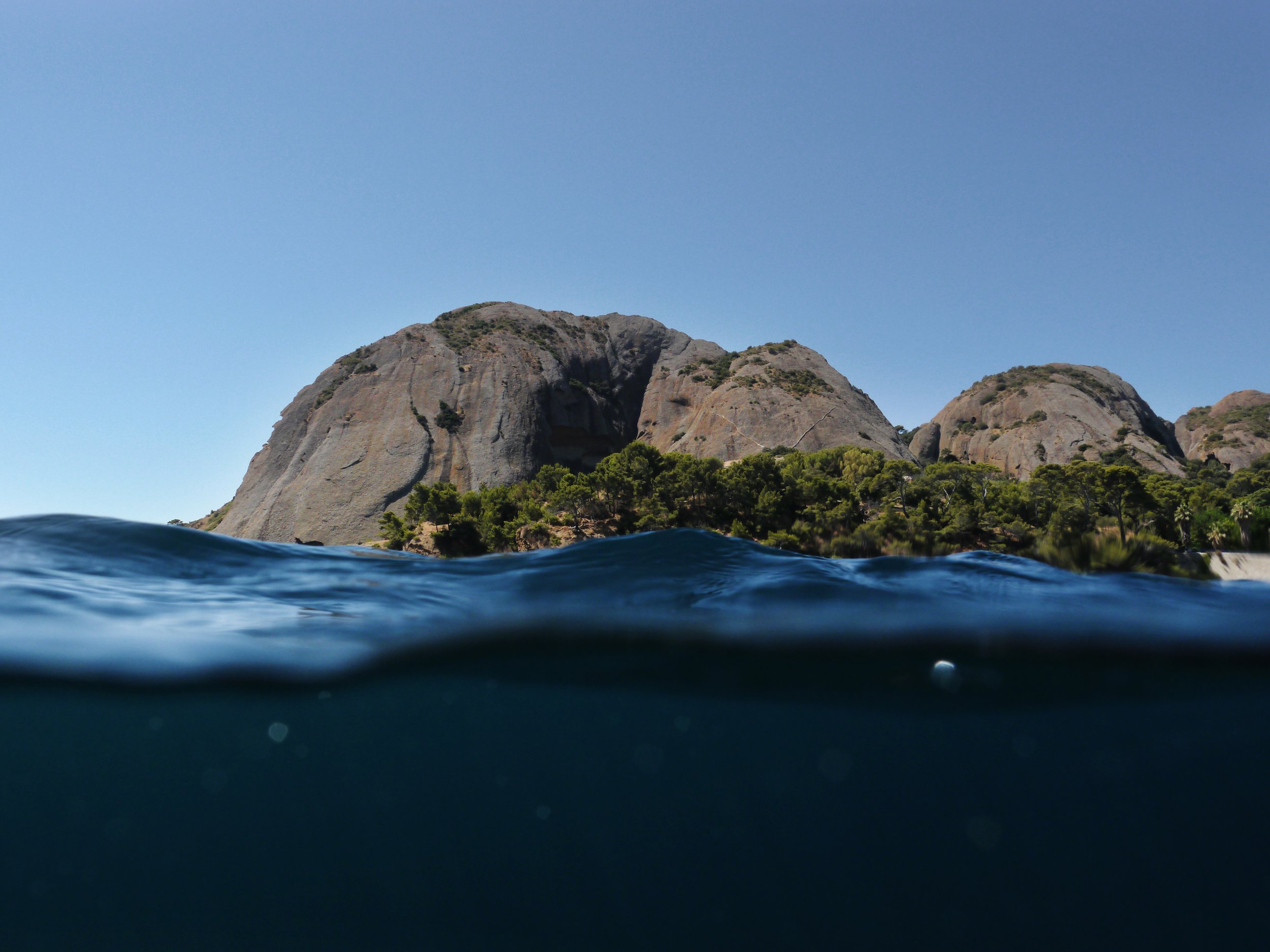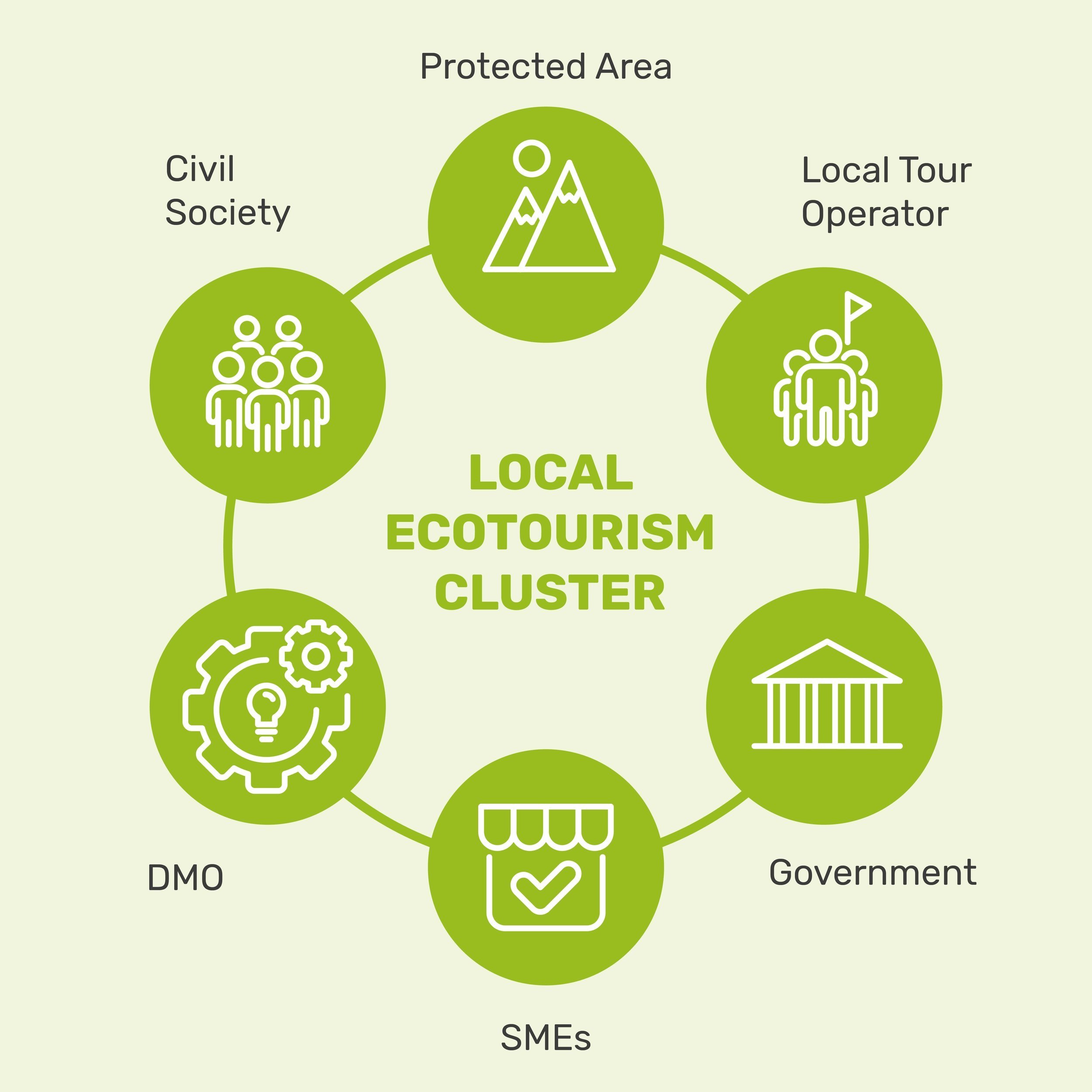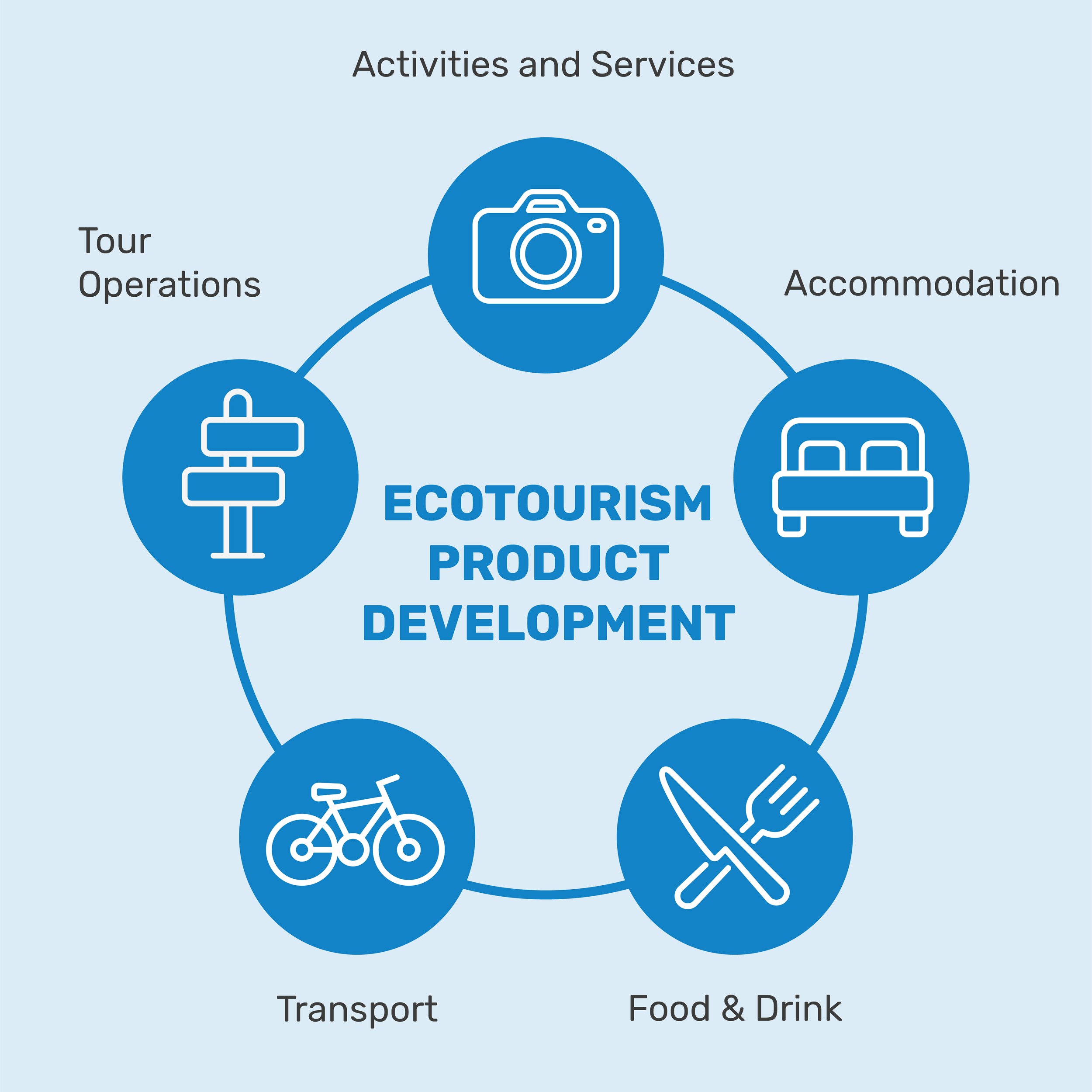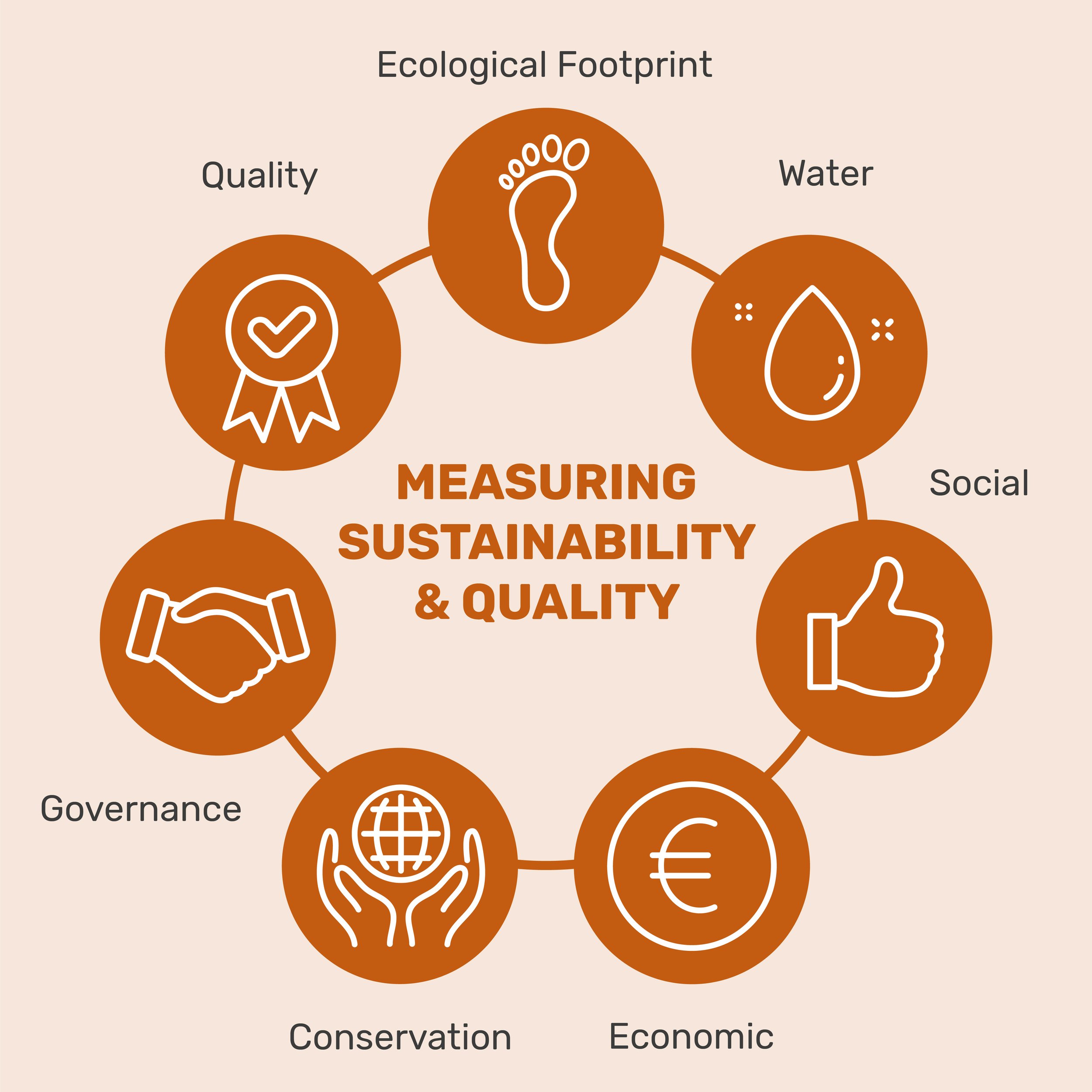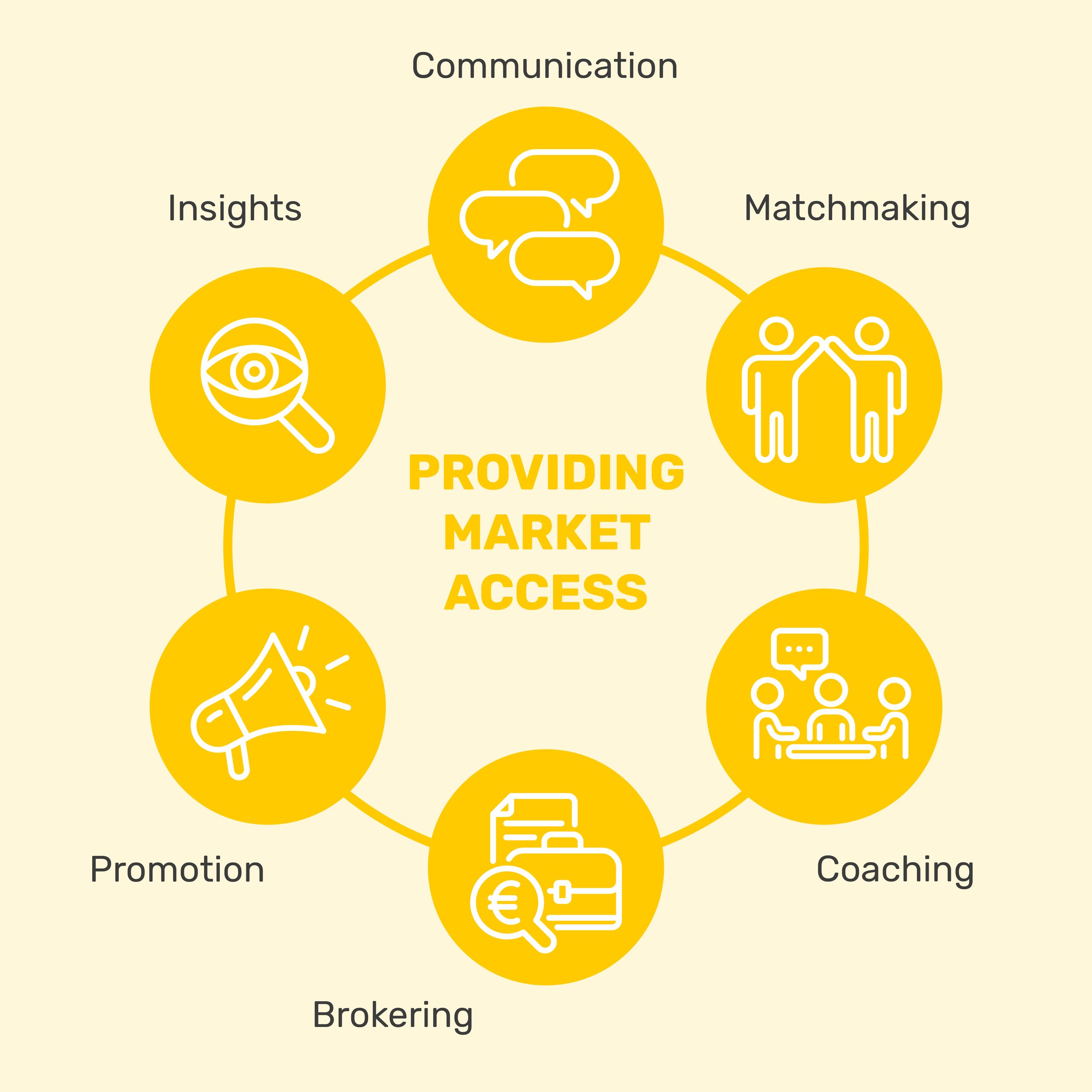The MEET Ecotourism Model
With large numbers of tourists already flowing into Mediterranean protected areas, the obvious question is: Why develop even more tourism in the region?
Mediterranean protected areas are among the best examples of a balanced relationship between man and territory. They provide opportunities for visitors to experience powerful manifestations of nature and culture and to learn about the importance of biodiversity conservation and local cultural preservation.
The MEET Ecotourism Model is a new paradigm for ecotourism development which ensures the impact of tourism on these biodiversity-rich areas is minimised, local cultures are respected and economic benefits are fairly distributed amongst local communities.
““What makes our MEET model truly unique is that it puts conservation and the natural park in the driving seat of tourism development, ensuring public-private collaboration and the active participation of destination stakeholders.” ”
The difference between MEET’s model for ecotourism and other approaches is that the process uses tried and tested tools for ecotourism management and impact monitoring that are tailored to tourism development in protected areas.
This means that the ecotourism developed using the MEET Model isn’t only planned, developed and managed in accordance with a set of quality and sustainability standards (the MEET Standard), but this sustainability is also backed up by scientific data.
How does it work?
OUR 4-STEP MODEL FOR ECOTOURISM DEVELOPMENT IN PROTECTED AREAS
To learn more about our model for ecotourism development, read the MEET Manual.
The MEET Manual provides protected area managing bodies and the local ecotourism sector with a clear pathway to plan and enhance engaged conservation-focused ecotourism in their areas using the MEET Model.
Bringing people together through ecotourism
When protected areas develop ecotourism, they are presented with unique opportunities to collaborate with stakeholders including local travel agencies, local guides, farmers, artisans, hotel and restaurant owners, nonprofit organisations, public sector agents, and protected area managers.
The MEET Model for ecotourism development drives opportunities for multi-stakeholder collaboration at three levels, local, regional and EU/Mediterranean.
Local Ecotourism Cluster (LEC)
Governance structures called Local Ecotourism Clusters enable our parks to collaboratively with the private tourism sector to design and manage their ecotourism at a local level. This collaboration is a private-public tourism partnership coordinated by the protected area managing body and composed of multi-sector stakeholders. The LEC ensures everyone gets their say and benefits equally from ecotourism.
Regional Ecotourism Coordination Tables (REC)
The Regional Ecotourism Coordination Table (REC) brings together tourism and conservation departments within the regional administrations to promote ecotourism and oversee LECs.
Mediterranean Ecotourism Consortium (MEC)
The Mediterranean Ecotourism Consortium (MEC) is open to all regions at the EU and Mediterranean levels to advocate for integrated ecotourism policies in the Mediterranean basin.
During DestiMED PLUS project, the Mediterranean Ecotourism Policy Roadmap was developed. The Roadmap acts as a basis for the Mediterranean Regions involved in the MEC, to identify entry points to influence regional, national and European strategies, policies and regulations so as to ensure the integration of conservation objectives into tourism policy towards obtaining a lasting impact over time.

